Five physicians putting their own stamp on paediatric emergency medicine education
Summary:
SickKids Emergency Department is a global leader in medical education, with physicians training the next generation while delivering world-class clinical care.
In the Emergency Department (ED) at The Hospital for Sick Children (SickKids), it’s not unusual to see a physician racing down the hallway while reviewing a differential diagnosis or doing “just-in-time training” with a trainee to offer a refresher before a procedure.
That balance takes a lot of practice, notes Dr. Jason Fischer, division head of Paediatric Emergency Medicine (PEM) at SickKids — but it’s something the team’s “incredible staff” of teachers excel at.
“The emergency department is not a very predictable environment, but then on top of that, what makes our place very special is that we have people that have found ways to deliver high quality education on the fly, at the bedside,” he says.
That academic outlet ... is so important to allow people to stay invigorated and enthused.
SickKids’ ED is a global leader in medical education and international training. As a teaching hospital affiliated with the University of Toronto, it welcomes between 350-400 medical learners a year from all over the world, including medical students, physician assistant students, residents and fellows. The opportunity to teach the next generation is something that keeps staff working in the ED sometimes for decades, on top of the rewarding clinical work of taking care of the sickest kids.
“The clinical work can become routine after a while, so that academic outlet, that ability to put their own stamp on medical education, is so important to allow people to stay invigorated and enthused,” Fischer says.
Meet five ED physicians who excel at their unique approaches to medical education.
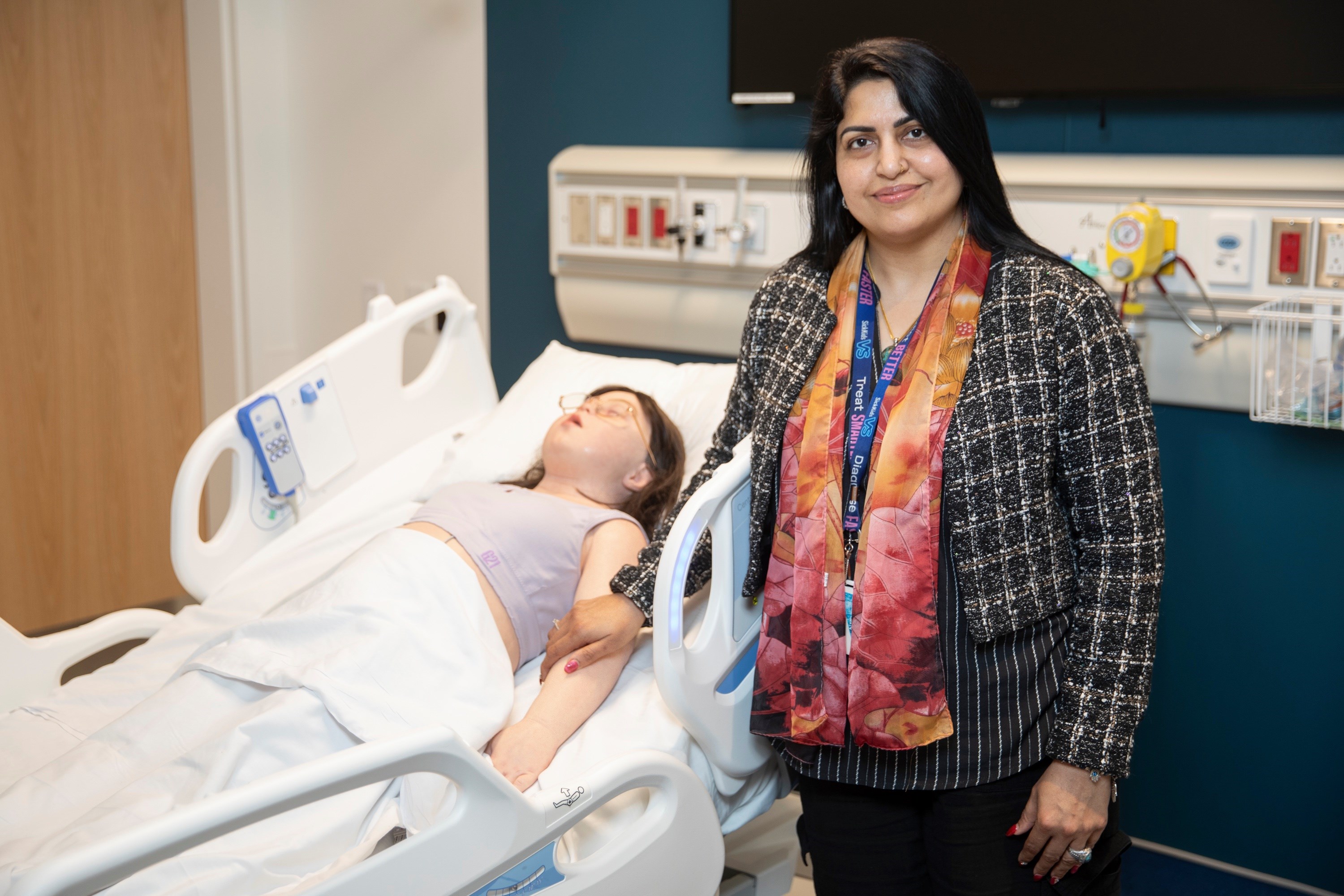
Dr. Jabeen Fayyaz
SickKids Emergency Room Physician Dr. Jabeen Fayyaz is motivated by her desire to care for the sickest patients.
“Minutes matter,” she says, “and you can make a huge difference in their lives by providing the best care, the safest care, in the first hour of them presenting with critical symptoms.”
Fayyaz started her medical career in Karachi, Pakistan. She came to SickKids as a fellow in 2016, and is now a staff physician in the division of paediatric emergency medicine and Medical Director of SimKIDS simulation program. Fayyaz was also recently voted President-Elect of the International Paediatric Simulation Society.
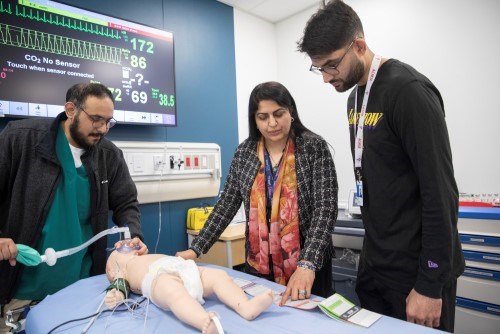
"It’s a humbling journey to come from a different setting, different perspective and to get to be a faculty member here,” she says.
“When I joined SickKids as a fellow, it was a very ‘aha’ moment for me when I realized simulation can play such an important role at different levels of teaching and learning.”
Fayyaz has a particular interest in exploring the impact of simulation on patient care and workflow and processes: looking at whether the ways of teaching using simulation are effective – and whether they are actually improving patient care.
“My passion is education, but as an acute care physician, I always want to see whether the simulation is actually making a difference, whether what I’m teaching is actually making the care better,” she says.
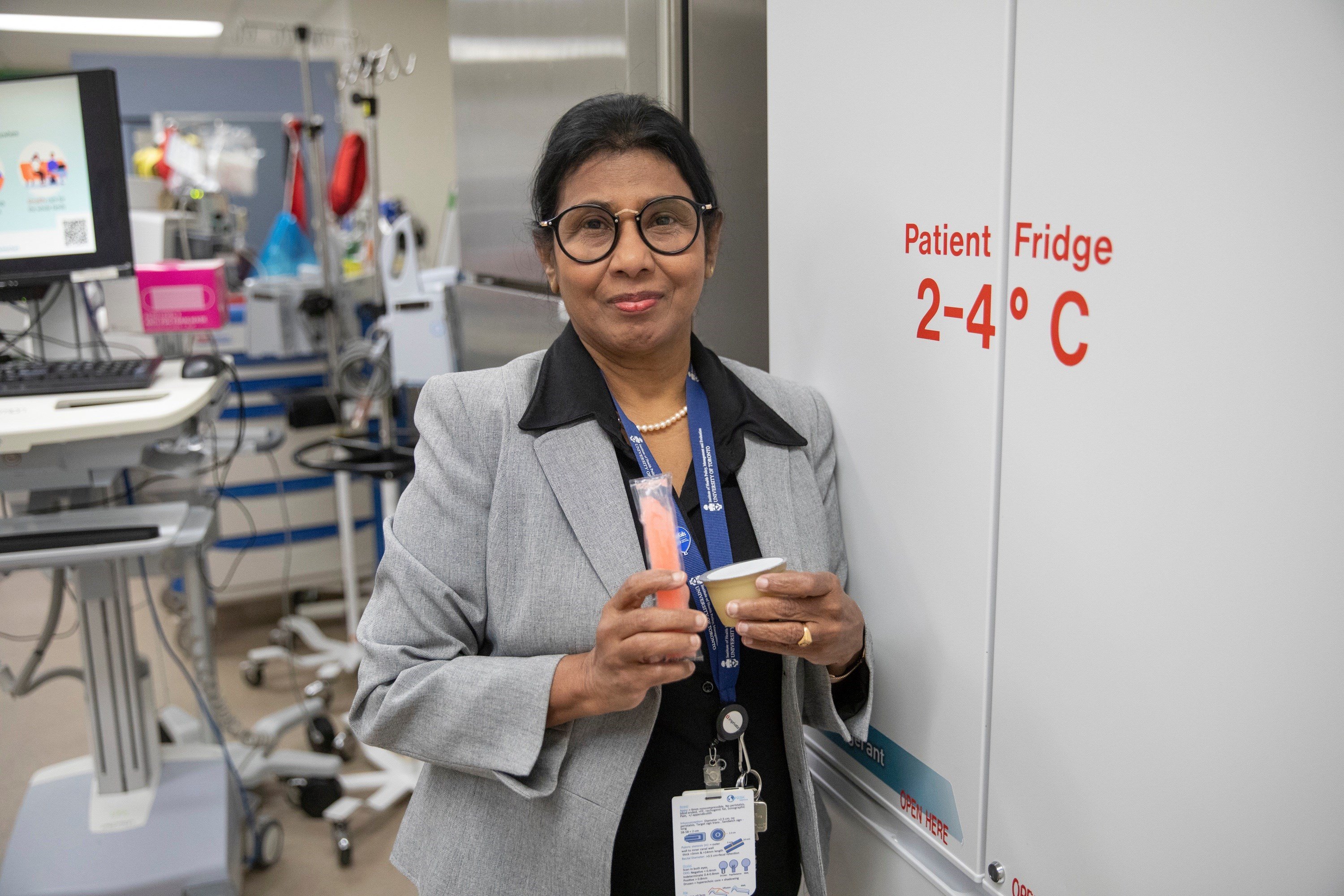
Dr. Savithiri Ratnapalan
Dr. Savithiri Ratnapalan starts each shift in the ED with “juice rounds.” She visits every patient, whether they’re admitted or not, to check on the child and see if parents or caregivers have eaten or need a bathroom break.
SickKids' ED has a small supply of food like milk, juice, popsicles and crackers. The help she offers, whether a bite to eat, directions to the cafeteria or a person to stay with their child while they make a phone call, is sometimes exactly what caregivers need.
Ratnapalan, who has been at SickKids for 25 years, traces this practice back to an early experience at the hospital working with mentor Dr. Anna Jarvis. It has become a key learning she tries to impart on the trainees she now works with.
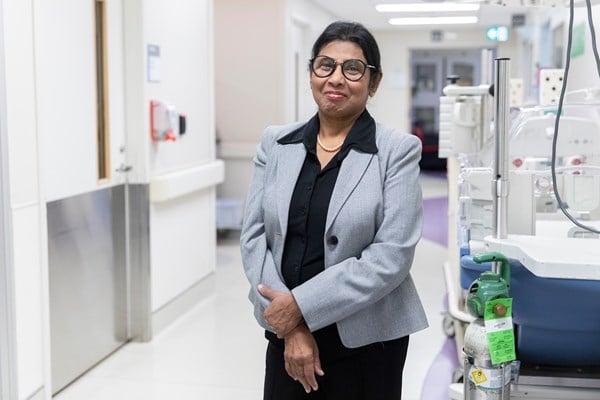
“It’s a big privilege to take care of someone else’s child.”
“You are a human being first, and so is the patient and their family — be human,” she tells trainees. “It’s a big privilege to take care of someone else’s child.”
One of her rewarding experiences was when one trainee told her recently “I learned how to be kind through watching you.” Ratnapalan says she hopes the trainees she’s worked with will take their learnings throughout their career, creating a ripple effect on the patients they care for and the people they train.
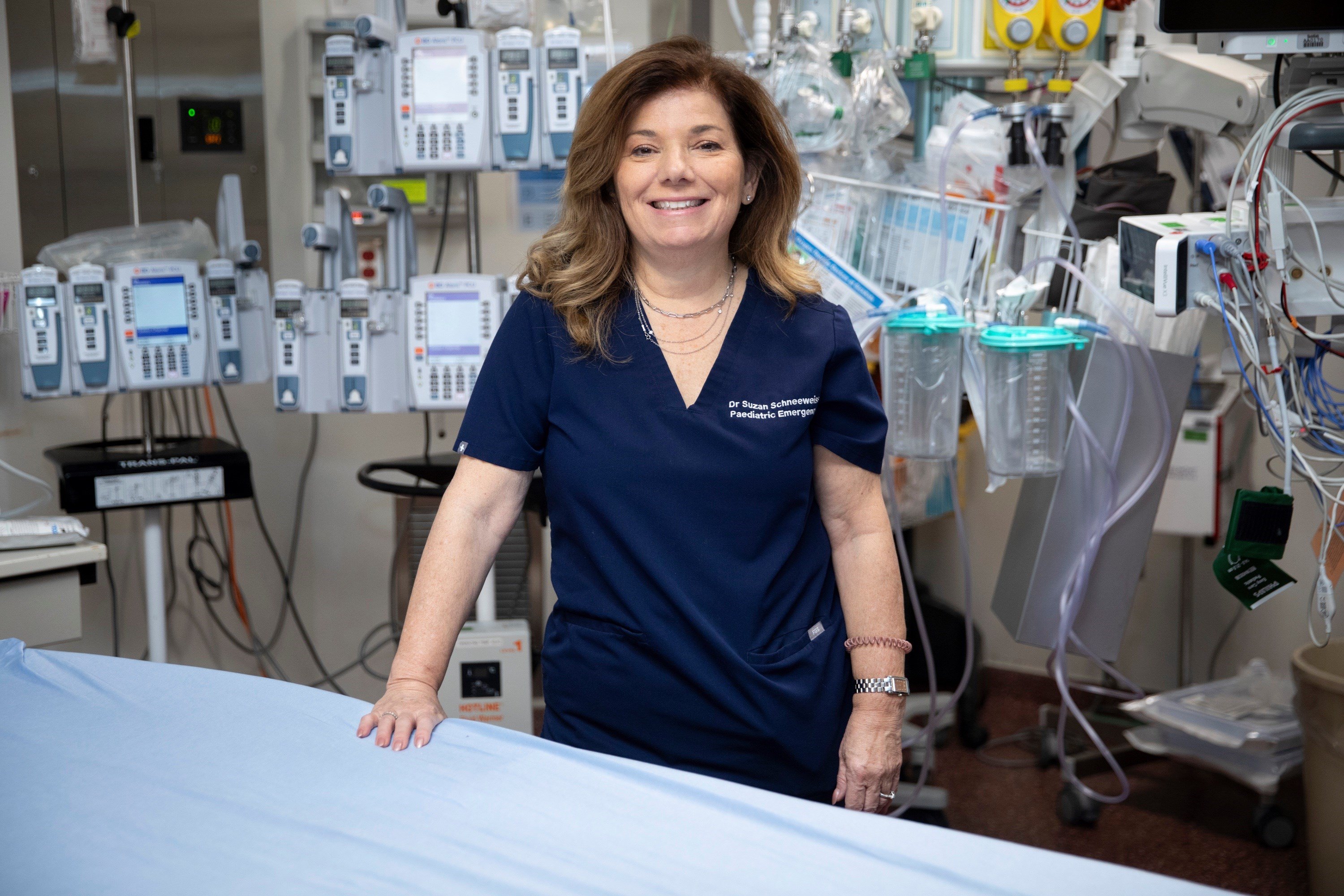
Dr. Suzan Schneeweiss
Working in emergency medicine means becoming accustomed to the fast-paced environment: as Dr. Suzan Schneeweiss says, “Things are always changing.”
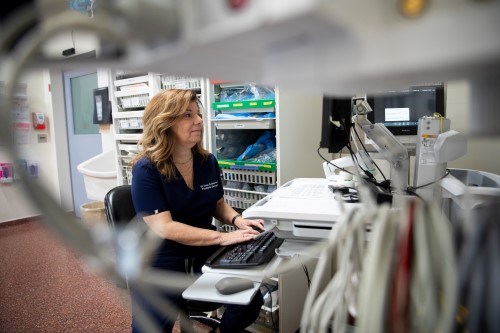
That’s why Schneeweiss’s work on continuing professional development is so valuable. She has been on staff at SickKids for 32 years, and she is passionate about making education more effective.
“As physicians, we need to keep up-to-date, find ways to keep education interesting and make it stick,” she says.
One way Schneeweiss does this is by organizing the SickKids’ Annual Paediatric Emergency Medicine Conference, which ran for its 21st year in 2024. It’s open to learners from across the world. She also helped create SickKids' Paediatric Emergency Procedural Sedation course, which combines lectures and simulation to allow participants to experience providing sedation and its challenges.
“We are training the next generation of physicians, including paediatric and adult emergency medicine specialists,” Schneeweiss says. “The education and experiences we provide our trainees is essential in shaping a healthier future for every child.”
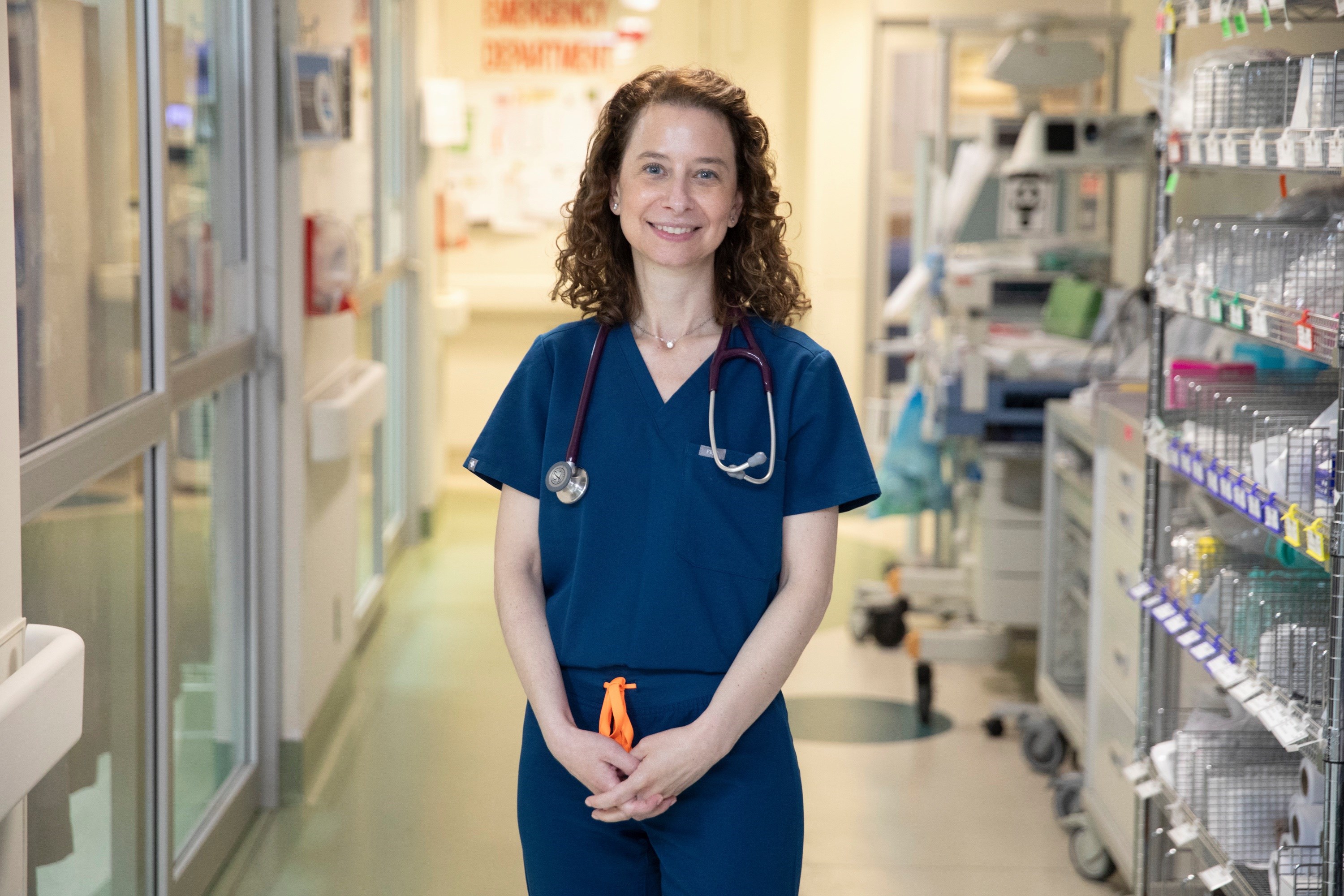
Dr. Deborah Schonfeld
When teaching in SickKids’ Emergency Department, Dr. Deborah Schonfeld is motivated by the “lightbulb moments” where she can see a trainee get excited and start to apply their learning.
Recognizing the unique, highly acute nature of the cases seen in the SickKids Emergency Department, Schonfeld created “acuity rounds” — a chance for trainees and staff to gather several times a year to review the most complex, rare or challenging cases they’ve seen.
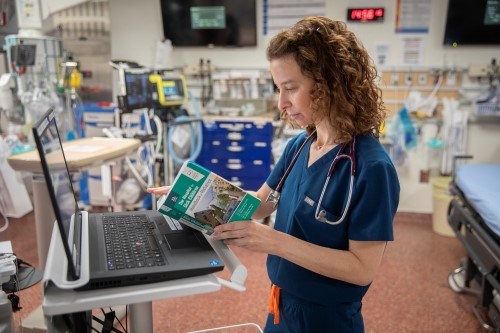
“There are so many learning opportunities in those cases, the kind you don’t see unless you work at SickKids,” she says. “If there’s no forum to discuss them, the learning goes untouched.”
Schonfeld, who has been at SickKids since 2013, also got a chance to review the wide breadth of conditions she may come across in the ED as the co-editor, with paediatrician Dr. Shawna Silver, of the most recent 12th edition of The Hospital for Sick Children Handbook of Paediatrics — an internationally recognized reference guide for healthcare professionals caring for children. She felt uniquely suited to work on this project since "ED doctors are commonly described as ‘Jacks of all trades,’ because we need to be able to handle a wide range of medical issues that touch on every subspecialty.”
She and Silver, her co-editor, worked with more than 100 SickKids trainees, staff physicians, nurses, pharmacists and lab specialists to complete this resource designed to be used for bedside teaching, study and practice. Working on the book was a labour of love, she says. Schonfeld dedicated it to all the trainees whom she has taught and who have taught her.
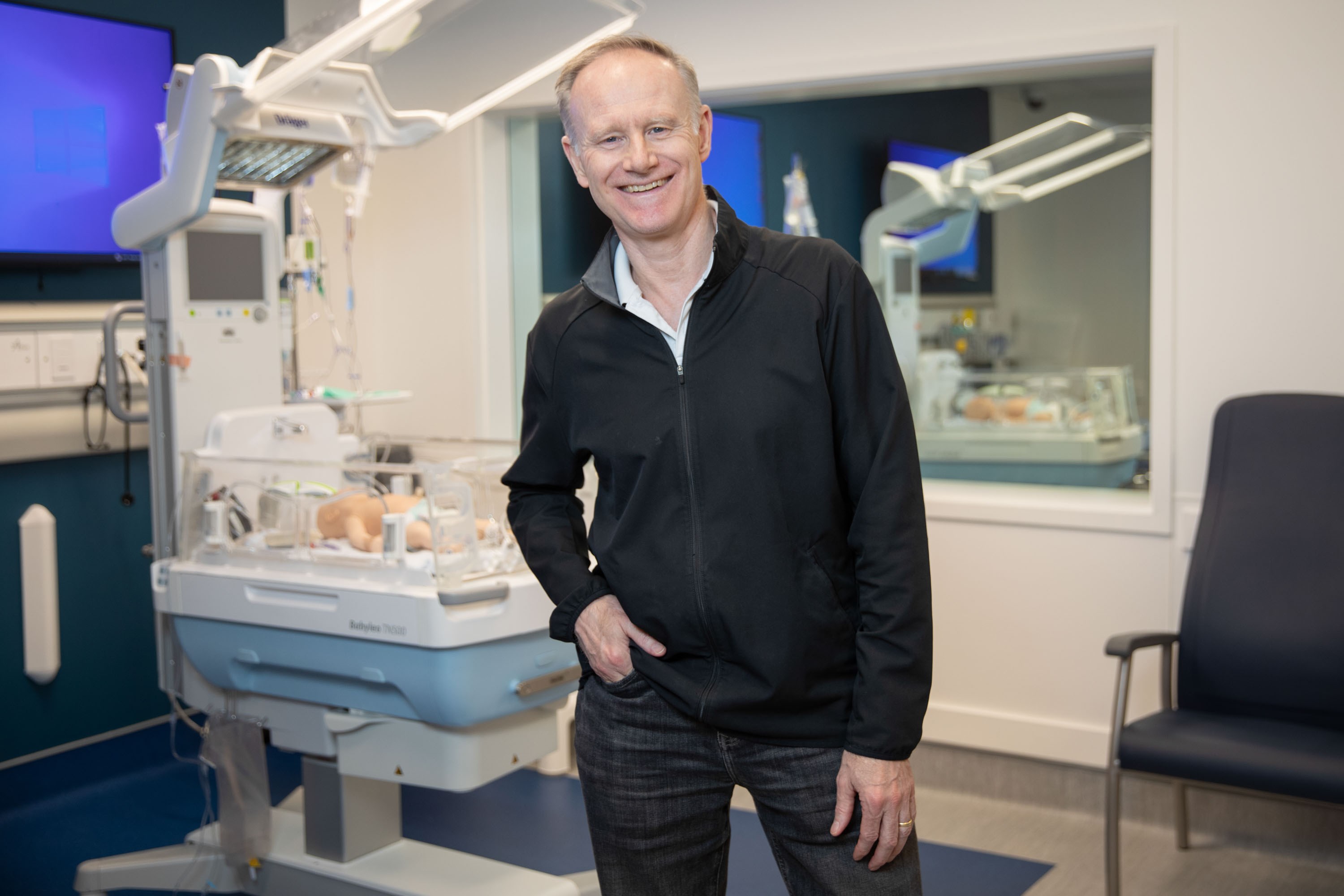
Dr. Jonathan Pirie
Dr. Jonathan Pirie finds being an educator “balances the wear and tear” of the difficult specialty of emergency medicine.
“It’s an incredible experience to have an impact on someone’s journey or their discipline,” he says.
During his more than 30 years at SickKids, Pirie has helped to grow the hospital’s simulation program as the division of Paediatric Emergency Medicine’s first Simulation Director. He also created the Paediatric Emergency Medicine Simulation Fellowship, advanced training for trainees who have completed the PEM fellowship.
Pirie was drawn to simulation because it’s an uplifting learning experience. Occasionally cases can be emotional for participants, but he notes most simulations are a positive experience in a “psychologically safe” environment.
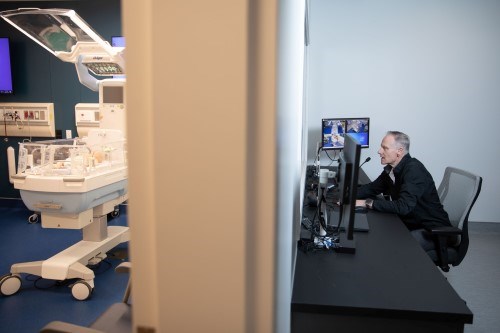
"This is how we stay prepared."

“We’re here to learn,” he says. “There’s no such thing as a perfect case. It’s a chance to practice and learn from each other.”
Trainees, he says, love simulation and always ask for more. SickKids PEM faculty are also expected to complete annual competency-based simulation education, a unique program that he developed in 2016.
“This is how we stay prepared. If everyone doesn't have the opportunity to practice through simulation and develop their skills beforehand, they may not be prepared when it happens in real life.”

